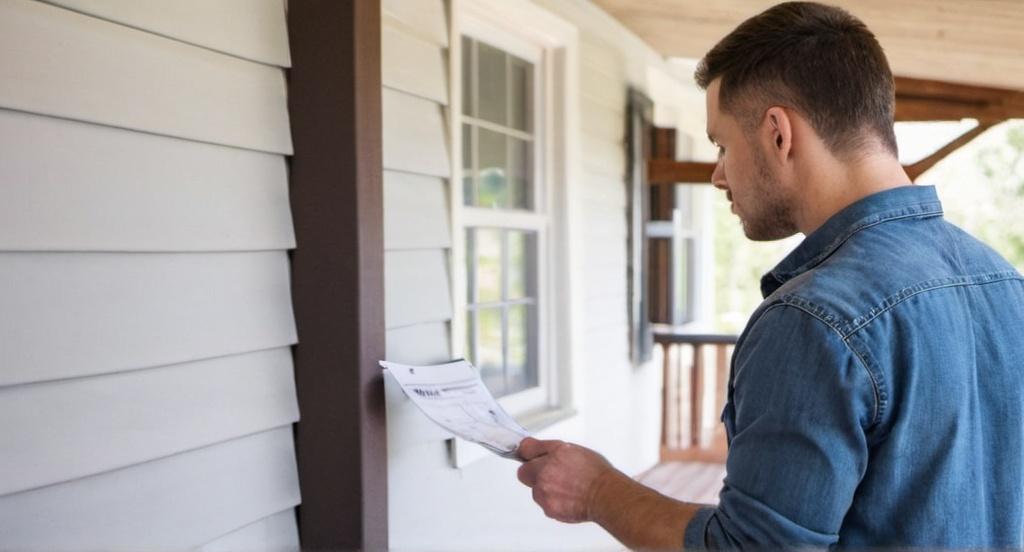Key Take Aways about Renting Student Housing
- Understand lease agreements; watch for hidden terms and costs.
- Decide between campus and off-campus housing based on convenience and freedom.
- Budget carefully, considering rent, utilities, and living expenses.
- Choose compatible roommates to ease living arrangements.
- Communicate effectively to resolve conflicts with roommates.
- Ensure safety with building security and understand local rental laws.
- Consider renter’s insurance for protection against theft or damages.

Introduction to Renting Student Housing
Finding a place to live during college can feel like a never-ending search. There’s a lot to manage, from juggling a budget tighter than your favorite pair of jeans to finding roommates who won’t drive you up the wall. But renting student housing doesn’t have to be all doom and gloom. Let’s chat about some stuff you probably hadn’t thought about and maybe uncover some secrets in the world of student rentals that make life a bit easier.
Understanding the Basics
So, what’s the deal with renting student housing? It usually involves a lease, which is essentially a legal promise to pay rent on time for however long you and the landlord agree. The place might be a dorm on campus, a gritty apartment nearby, or even some fancy townhouse if you’re lucky or loaded. Costs will vary depending on location, the condition of the property, and amenities—who doesn’t love a free gym or pool?
Leases: Signing Your Life Away?
Signing a lease is like dating; you gotta read the fine print. That’s where you’ll find the rent due date, who’s responsible for repairs, and maybe even if pets are allowed. Make sure there’s nothing sketchy in there because you don’t want to be stuck shelling out cash for your roommate’s pet iguana’s food if it’s not your jam.
Finding the Right Spot
Pinpointing the perfect pad feels like being on a game show where the prize is housing instead of cash. You’ll want something close to campus, cause let’s be real, dragging yourself out of bed for an 8 a.m. class is hard enough without an extra mile hike.
Campus or Off-Campus: The Big Decision
Campus housing is convenient; no doubt. It’s usually walkable, has some sort of meal plan, and tosses in utilities. But if you’re into more freedom or tired of cafeteria food, off-campus might be the way to go. Just know your wallet might feel the difference.
Budgeting: Broke But Living
Money is tight during college. Balancing rent, food, and the occasional night out takes some serious skills. Here’s a tip: use a budget app to track your dough. It won’t magically increase your funds, but it’ll help keep those sneaky expenses in check. Plus, you’ll actually know where all your money went when your bank account looks suspiciously empty.
Utilities and Other Hidden Costs
Don’t let the rent price fool you. Water, electricity, internet—it all adds up. Some places cover utilities, making life much simpler. But if not, better start practicing your most efficient shower routine.
The Roommate Experience
Living with someone, especially for the first time, is kind of an art form. You’re gonna learn a lot about communication, patience, and possibly your threshold for messiness. Choose your roomies wisely, and don’t rush through this part.
Picking the Perfect Roommate
Compatibility is key. Find someone who shares your lifestyle—like the same sleep schedule or tolerance for volume. It’s a lot easier to share a space with someone who doesn’t keep you up all night binge-watching TV series at full volume when you need sleep.
Conflict Resolution
Got issues with your roommate? Talk it out. Communication can save friendships and prevent passive-aggressive post-it wars on the fridge. And remember, no one likes a passive-aggressive post-it war.
Safety and Regulations
Safety isn’t just locking up your stuff. Check out the area’s crime rates, and double-check your building’s safety measures, like working smoke detectors and secure locks.
Understanding Local Laws
Each city has its rules about renting. Know your rights and responsibilities to avoid surprises. Things like security deposit laws or needing a certain amount of notice before your landlord drops by are worth understanding.
Insurance Policies
Renter’s insurance might sound like a scam, but it’s a lifesaver if something goes wrong. It covers stuff like theft or damages—think of it as a way to keep your computer or textbooks safe from life’s curveballs.
Conclusion
Renting student housing is no easy ride, but with a bit of knowledge and a lot of patience, it’s manageable. Keep your financial plans tight, communicate with your roommates, and you’ll be better prepared to tackle the challenges. College is about learning, but not just in the classroom; it’s also about figuring out how to survive on your own what better way than through the highs and lows of student housing? So take a breath, maybe even a break from the textbooks, and tackle the housing game with the same zeal you bring to your studies.
Child Pages
- A Parent’s Guide to Helping Their Student Rent an Apartment
- Best Student Housing Websites and Apps for Apartment Hunting
- Dorms vs. Off-Campus Housing: Which Is Right for You?
- Furnished vs. Unfurnished Student Apartments: Which Saves More?
- How Early Should You Start Looking for Student Housing?
- How to Budget for Student Housing Without Overspending
- How to Deal with Difficult Roommates in Student Rentals
- How to Find Safe and Affordable Student Housing Near Campus
- International Student Guide to Renting in a New Country
- Student Housing Contracts: Key Terms Every Renter Should Know
- Student Housing Scams: How to Spot and Avoid Them
- The Pros and Cons of Shared Student Accommodation
- Top Questions to Ask Before Signing a Student Lease
- What to Look for When Renting Student Housing for the First Time
- What’s Included in Student Housing? Utilities, Internet, and More